Mobile Clinics: Optimizing Access to Preventive Health Care Services in Haitian Communities2/27/2016 Healthy People 2020 and the Affordable Care Act aim to increase access to care, particularly preventive care and care management services. In fulfillment of these goals, mobile clinics have been utilized to reach out to community members of underserved areas to bring these services to them.
In a recent study, the researchers Song, Hill, Bennet, Vavasis, and Oriol (2013) sought to evaluate the effectiveness of mobile clinics in improving patient care outcomes and lowering patient care cost. In the process, they compared their findings with the exorbitant costs associated with preventable emergency visits.
2 Comments
Healthy People - Lifting the 5-year ban on Medicaid privileges for U.S. Green Card Holders10/22/2015 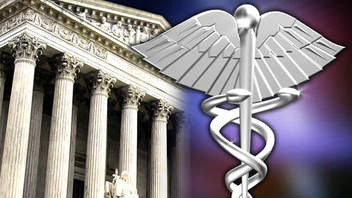 Hypertension and hyperlipidemia are conditions that can be avoided and controlled adequately. However, the number of people with these conditions is still unacceptably high in the U.S., especially among the most disadvantaged groups. Many contributing factors have been identified in the literature such as the lack of insurance benefits and access to care. As evidenced in the literature, individuals without health insurance are more susceptible to not being diagnosed and treated for high blood pressure and hyperlipidemia. Considering the status quo on the disqualification of immigrants during their first 5 years of residency in the U.S. for Medicaid benefits, researchers looked into the national data to determine what degree of probability existed for these immigrants to becoming uncontrollably hypertensive and hyperlipidemic. 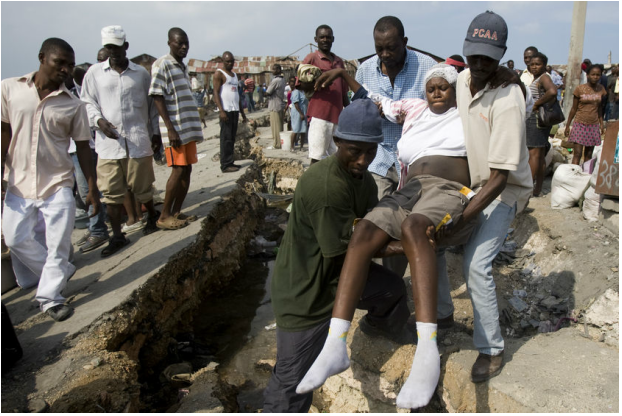 Empathic family stress is a type of stress experienced due to various challenges that are linked directly or indirectly to living with close, distant, and affinal family members. A research study was conducted in the Haitian community to determine the nature and impact of empathic stress in the lives of these community members. 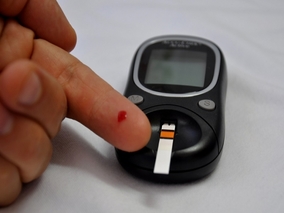 Diabetes mellitus is one of the major health concerns in the communities of the people of Haitian descent [1]. When uncontrolled, it is responsible for a substantial number of health complications such as diabetic retinopathy (ocular damage), coronary disease, congestive heart failure, neuropathy (nerve damage), ischemic stroke, nephropathy (kidney damage), peripheral vascular disease, and lower extremity ulcers. In a longitudinal study conducted at the Boston Medical Center, the investigators sought to investigate if any differences existed in the frequency of these complications based on ethnicity [2]. 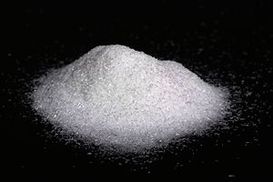 Monosodium glutamate (MSG) is the sodium salt of glutamic acid, an amino acid that is found in many protein-rich foods and involved in many physiological and metabolic functions in the human body [1,2,3]. Its artificial equivalent was invented in 1908 to be used as an additive to enhance food flavor [4]. Since then, monosodium glutamate (MSG) has been manufactured, marketed, sold, and consumed worldwide as a chemical seasoning in the homes, restaurants, and in processed foods [4]. Nowadays, most of the monosodium glutamate commonly found in seasonings (e.g., Maggi bouillon cubes and Accent powder) is produced by bacterial fermentation [5,6,7]. Worldwide, in recent decades, its production and consumption have steadily increased [3,8]. Although “several concerns about the safety of food additives”, particularly MSG, “exist among the general public and health professionals”, including the addition of “unwanted sodium to the diets of persons afflicted with hypertension”, monosodium glutamate has been considered safe under the Generally Recognized as Safe (GRAS) rule [9]. However, several recent studies have provided more documentation of the health effects and environmental hazards associated with the exposure to this chemical.  Chronic diseases, particularly hypertension, are major causes of health complications and death in the communities of people of African descent. In response to this challenge, the Faith, Activity, and Nutrition (FAN) program, a “5-year PA [physical activity] and nutrition intervention implemented in African Methodist Episcopal (AME) churches”, aimed to evidence-base the utility of churches with variable individual beliefs and behavior, congregants, and pastors in a social-ecological model for encouraging lifestyle changes among individuals of African descent [1]. 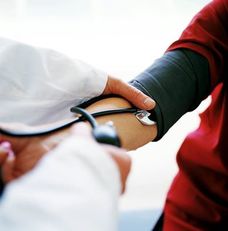 Based on the latest statistics, Haitians comprise the “second largest black immigrant population” [1]. This ethnic group, like many other ethnic groups of people of African descent, are disproportionally affected by high blood pressure in the United States. Hypertension is not only a priority, but also a major contributor of health disparity in Haitian communities [1,2]. As reported in several studies, there is a prevailing mismanagement of this condition by many community members who end up experiencing high morbidity and mortality rates. |
Mickelder Kercy, M.D. M.S.I learned about the art and science of medicine and was introduced to the community and population-based aspects of public health at the Université Notre Dame d'Haiti. My early practical interventions in the field of public health during medical residency in Haiti fostered my interest in pursuing additional academic training in public health. At Columbia University in the City of New York, I specialized in Public Health with a minor focus on Community Health Education. My special interest is in non-communicable chronic diseases, and the social-ecological approach to health education and promotion in secular and faith-based communities. Archives
October 2017
Categories
All
To subscribe to our blog and receive notifications of new posts by email
|
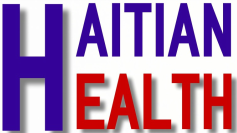

 RSS Feed
RSS Feed
